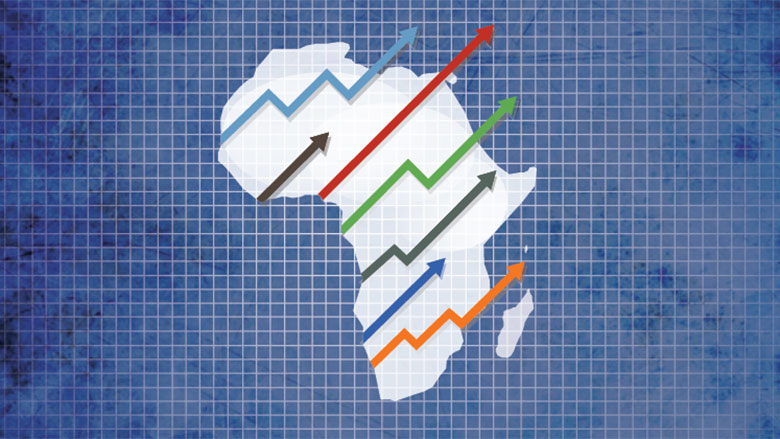2023 Africa Competitive Index Report:

The 2023 Global Competitive Index (GCI) has been published, and while some African countries have moved up the ladder, others remained stable while others fell.
We take a look at the 2023 index report from the World Economic Forum (WEF) and examine Nigeria's and Africa's positions, the risks highlighted, and Africa's preparedness toward mitigating the risks.
Africa's Competitive Index
Economically, COVID-19 is over, industries have brushed off the residue left by the pandemic, and now countries are back to competing on the world's economic stage to make the lives of their people better and ensure the world is a sane place to live.
Africa's diverse economy has seen variations of highs and lows over the years, and the latest competitive index sheds light on what is lacking.
Year after year, the WEF publishes the GCI, and the comprehensive assessment is carried out by considering both economic and non-economic factors.
Such factors include Risk Management, Education, infrastructure, Microeconomics, Labor Market, Technological Solutions, Security, and Innovation among others.
Top organizations, experts, and International Cooperations from various parts of the world are surveyed for their analysis and insights in carrying out the assessments.
Some of the organizations are the World Bank, the International Monetary Fund (IMF), the World Health Organization, countries' central banks, and others.
The latest report assessed 140 countries in the world, including over 20 African countries, including South Africa, Seychelles, Kenya, Senegal, Nigeria, Egypt, Uganda, and others.
Nigeria Ranking.
Even though Nigeria, still growing at a rate of 0.30%, moved up two places in the world ranking from 116 to 114, Africa's most populous country still ranks 14th in Africa, 13 places behind Seychelles, the country that pulled the highest GDP in Africa in 2022.
Nigerian authorities have blamed it on slow infrastructure developments, which lead to low productivity and economic stagnation.
But is Africa prepared for what is to come?
Predicted Crises
The Global risk analysis that followed predicted that challenges that may mitigate the efforts of developing countries to improve their economies in the next two years are topped by the global cost-of-living crisis, extreme climate changes, and cybercrime.
Crises predicted that may be critical to Africa include Food Shortages, Fuel Scarcity, Poor Human Investments, Social Vulnerability, and Terrorism.
In the recently concluded three-day U.S.-African Leaders Summit, part of the major takeaways included investment in food security, transport infrastructure, digital transformation, and a $55 billion commitment from the Joe Biden Administration.
It is yet to be seen if this will assist Africa in the long run, but the continent can be hopeful.


Be the first to comment!
You must login to comment